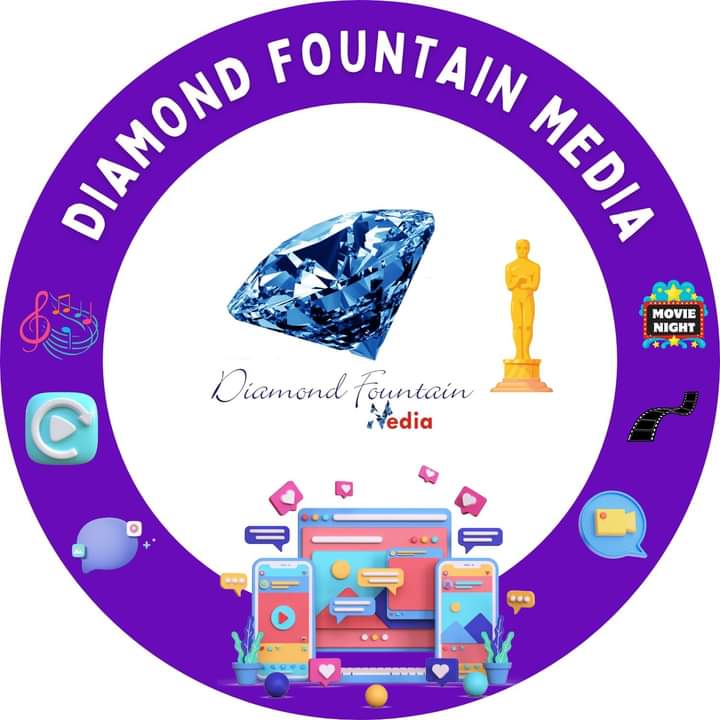The Art of Career Crafting: Designing Your Professional Development Roadmap
Embarking on a professional journey without a map can lead to unexpected detours and missed opportunities.
A robust professional development plan equips you with the tools to navigate your career path efficiently and effectively.
By strategically designing your career blueprint, you set the stage for personal growth and success.
Today, Linda Chase of AbleHire.org shares some tips to help ensure that each step you take is calculated and contributes positively towards reaching your ultimate career goals.
Identify Industry Benchmarks to Guide Your Progress
In every sector, key milestones outline the path to professional success. Investigate successful career trajectories within your field by reviewing industry reports, engaging with mentors, and studying the careers of respected professionals.
These benchmarks typically include essential job titles, skill sets, and certifications needed for advancement. Focusing your efforts based on these insights ensures your development plan remains aligned with industry standards.
Launching Your Own Business
Starting a business requires careful planning; begin by researching your market and setting strategic, achievable objectives.
Opting to establish a Limited Liability Company (LLC) can protect your personal assets from any business debts or legal issues.
Many entrepreneurs choose affordable, well-reviewed LLC formation services over costly attorneys to streamline their registration process.
These initial steps are vital in laying a strong foundation for a successful venture.
Prepare for Unpredictable Markets by Building Resilience.
The job market’s volatility, driven by technological and economic changes, necessitates a resilient and adaptable professional development strategy.
Stay abreast of the latest industry trends and proactively acquire new skills to maintain competitiveness. Cultivating a mindset ready for change and resilient to shifts in the job market can safeguard your career progress. It’s crucial to remain flexible in your approach, allowing you to pivot your career path while staying focused on long-term objectives.
The Role of a Development Plan in Your Career Journey
A well-crafted professional development plan acts as your career’s navigational chart, preventing aimless job transitions. It helps set and track important milestones, keeping you focused on long-term goals while providing motivational boosts as you achieve each milestone.
This strategic planning breaks your aspirations into achievable tasks, offering a roadmap for success and fulfillment in your career.
Ultimately, your development plan furnishes both clarity and confidence through all career stages.
Continuous Feedback Drives Improvement
Incorporating regular feedback into your professional development is vital for continuous growth and alignment with your career objectives.
Feedback from peers, supervisors, and mentors offers invaluable perspectives that highlight areas needing improvement.
By actively integrating this feedback and adjusting your plan accordingly, you ensure your actions stay on target. This ongoing process of evaluation and adaptation is essential for sustained professional development.
Balance Work and Life for Sustainable Growth
Maintaining a healthy balance between work and personal life is critical to avoiding burnout and ensuring long-term career success.
Integrating breaks and self-care into your professional development plan helps sustain high productivity and creativity.
This balanced approach not only supports your career goals but also enriches your personal life, keeping you motivated and effective.
Ensuring your well-being is as much a priority as your professional growth can lead to sustained success and fulfillment.

Self-Evaluation for Personal Growth
Beginning your professional development plan with a thorough self-evaluation sets a solid foundation for targeted growth.
Reflecting honestly on your strengths, weaknesses, and career ambitions allows you to customize your development strategy effectively. Objective self-assessment, considering peer feedback and personal satisfaction, enhances the relevance and effectiveness of your plan.
This foundational step is crucial for identifying the most impactful areas for development and success.
Set SMART Goals for Career Milestones
Employing the SMART framework – Specific, Measurable, Achievable, Relevant, and Time-bound – helps crystallize your career objectives into attainable goals. By clearly defining each goal, such as targeting a specific job role and the skills needed within a set timeframe, you ensure a focused and structured approach to career advancement.
This method not only organizes your efforts but also significantly boosts your chances of achieving your career milestones.
Setting SMART goals is essential for systematically tracking progress and ensuring career success.
A detailed professional development plan serves as a bridge between your current role and your ultimate career goals, enabling you to harness your full potential and systematically pursue growth. With the right strategy, you can turn challenges into opportunities, ensuring that every step you take aligns with your overarching objectives.
Essentially, a well-crafted plan acts as your career compass, guiding you with clarity and confidence through the professional landscape.
This article is Courtesy of Linda Chase of AbleHire.org
Discover more from Diamond Fountain Media
Subscribe to get the latest posts sent to your email.































